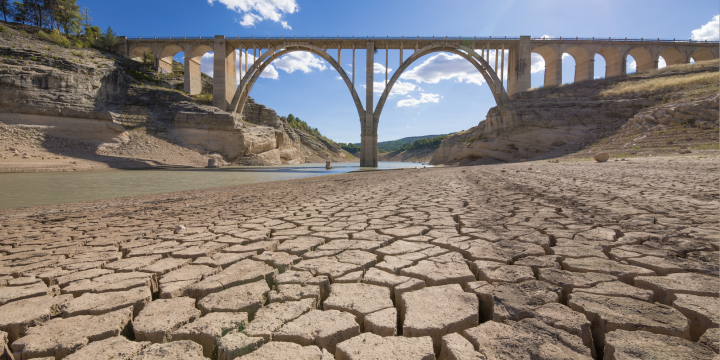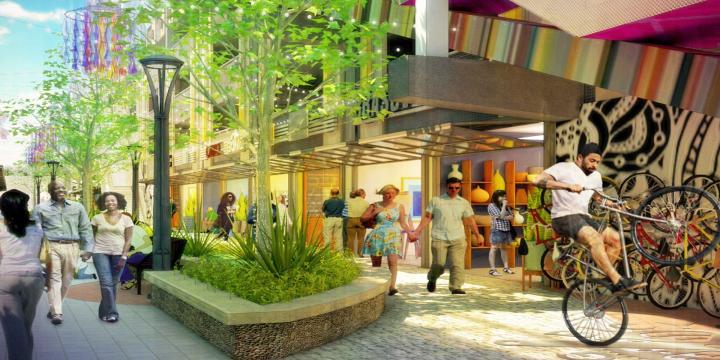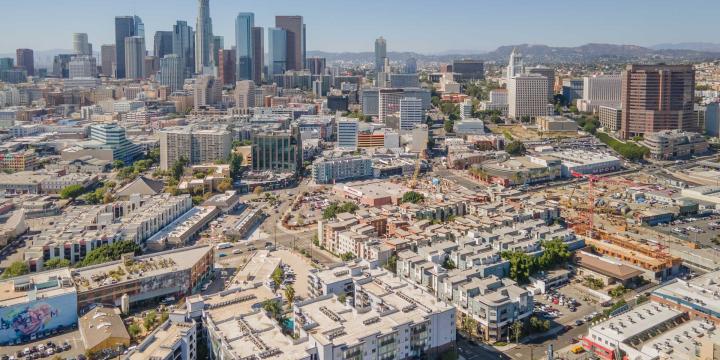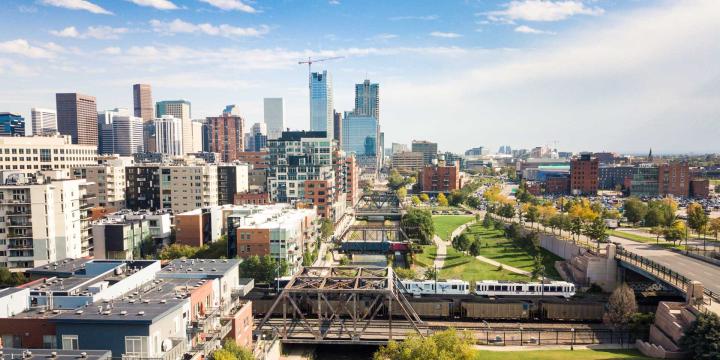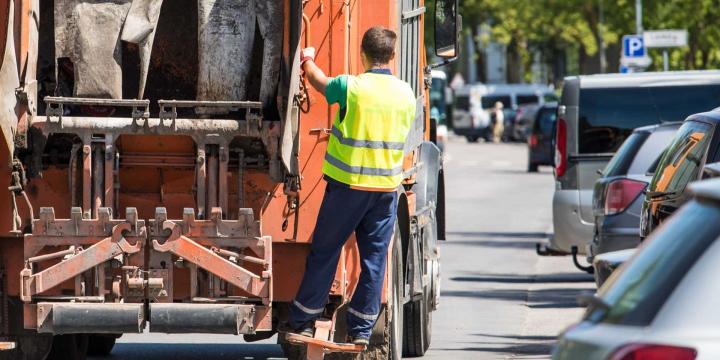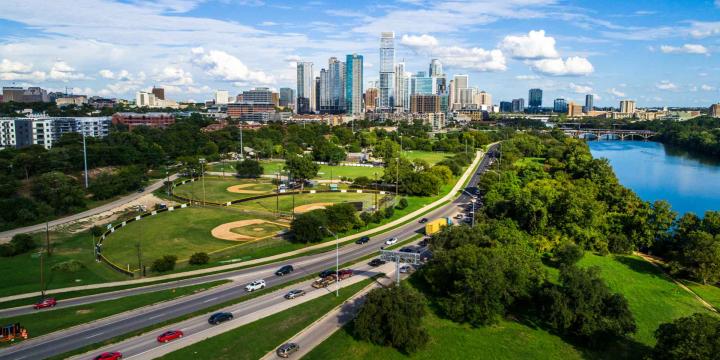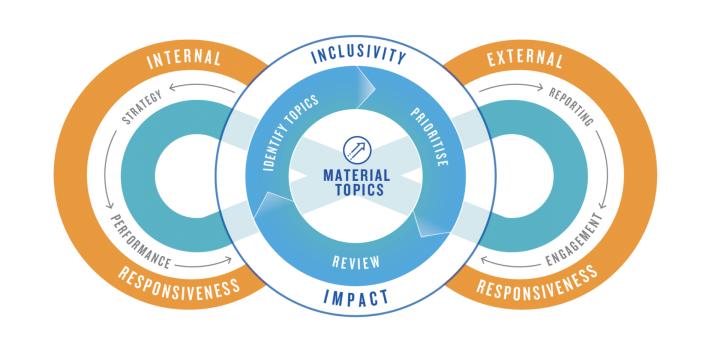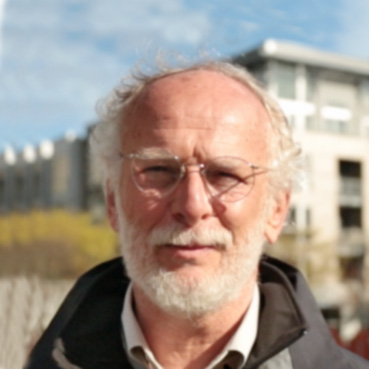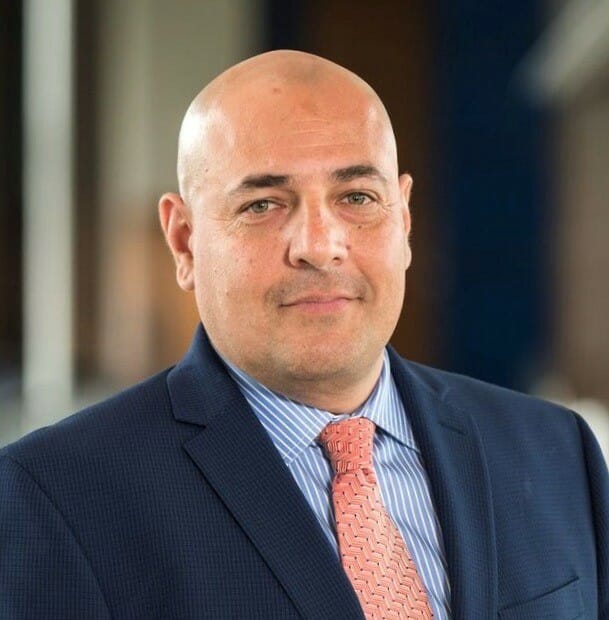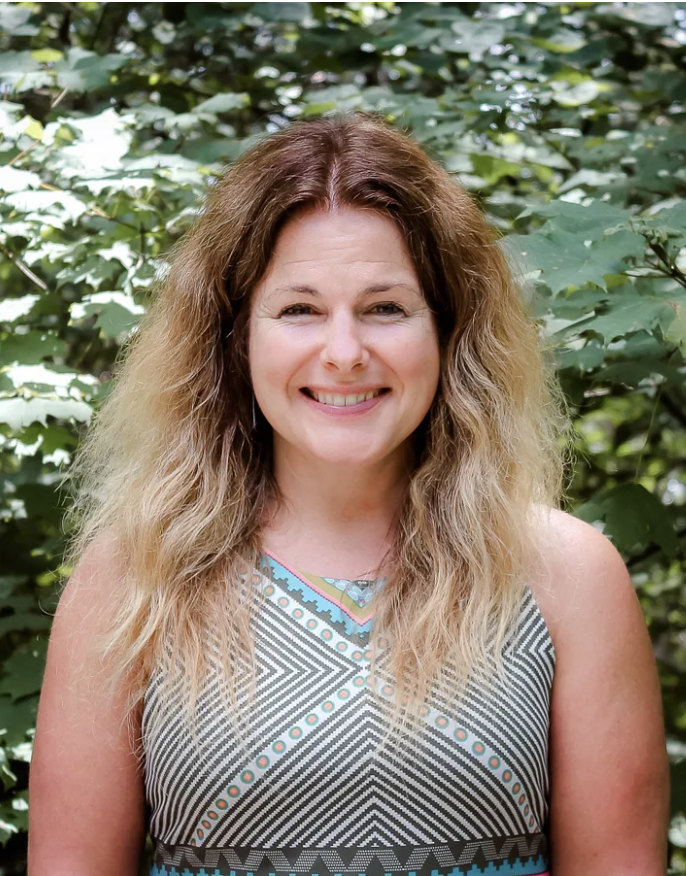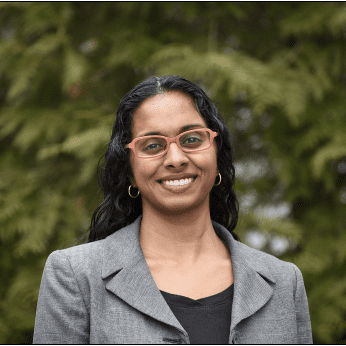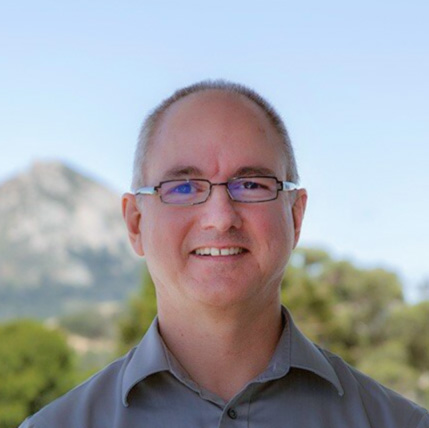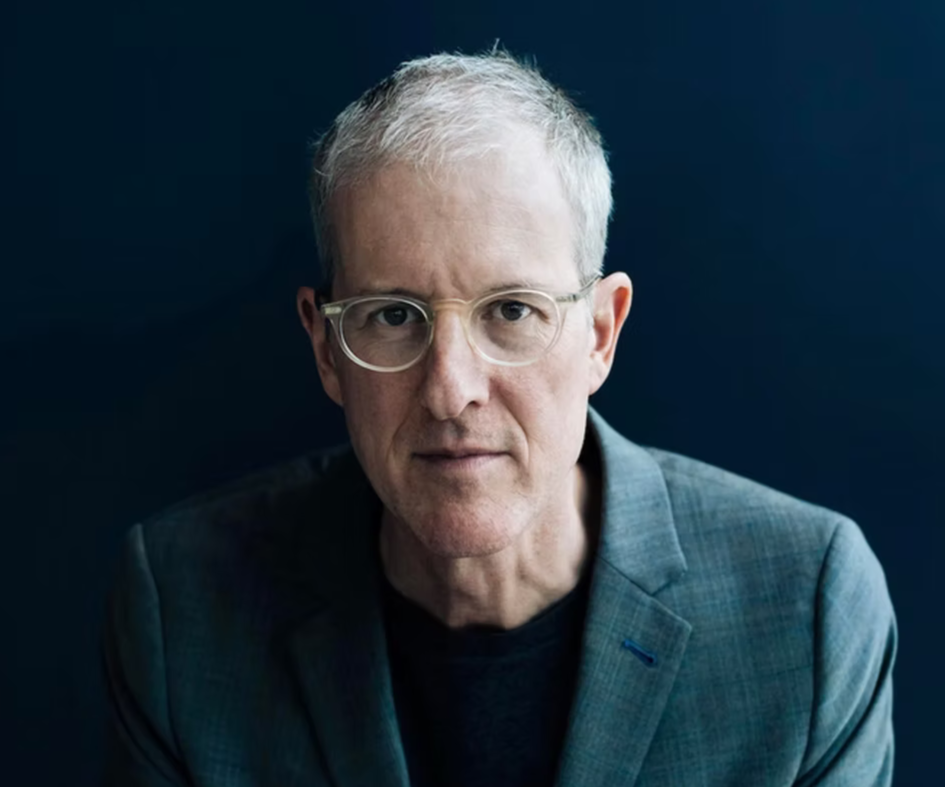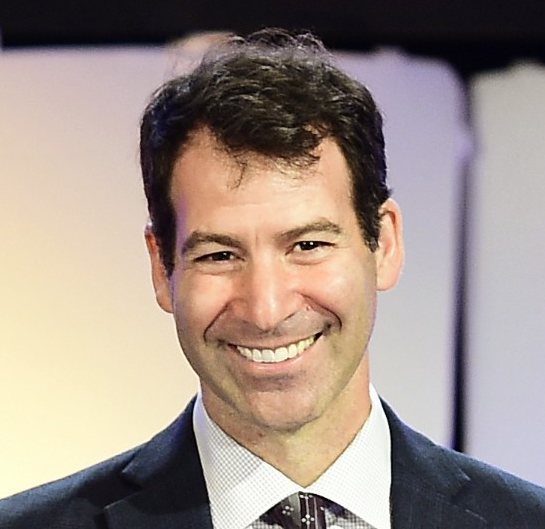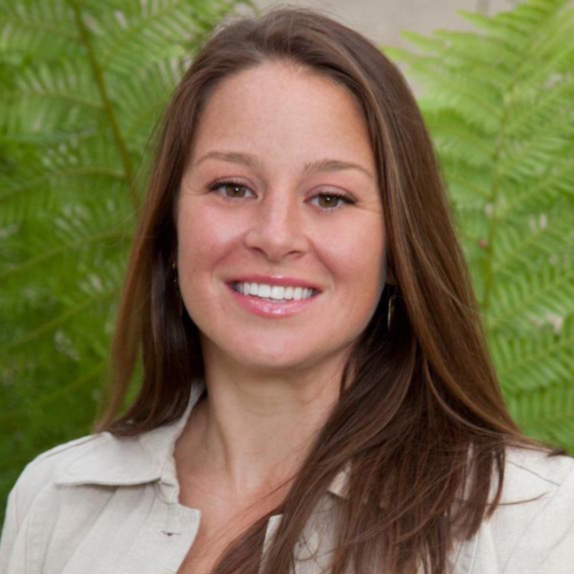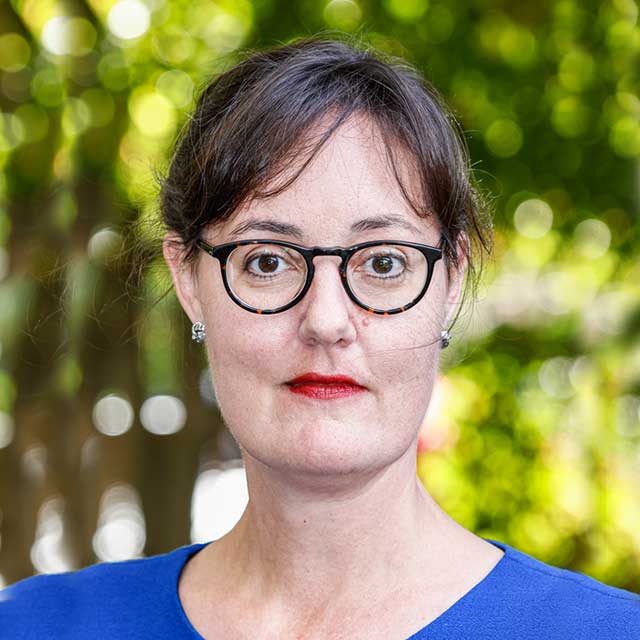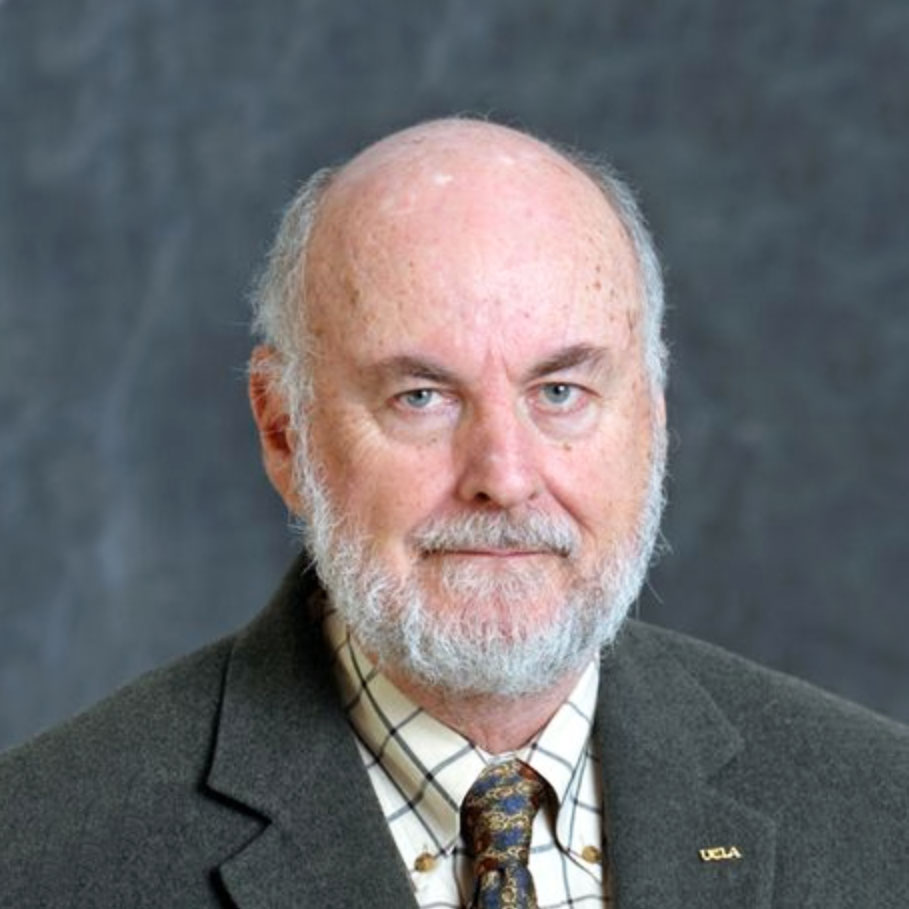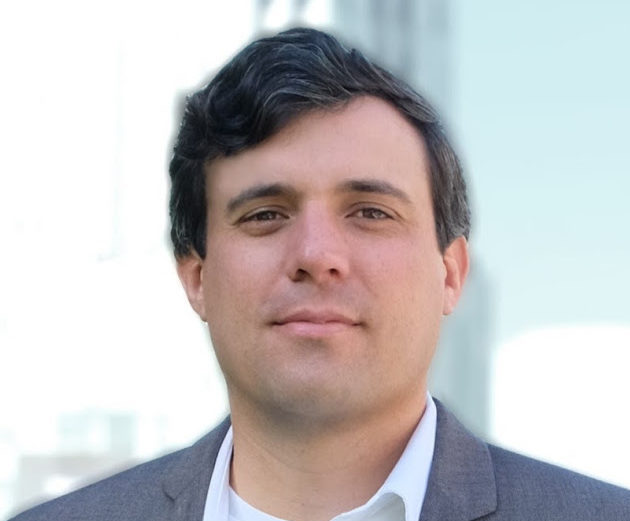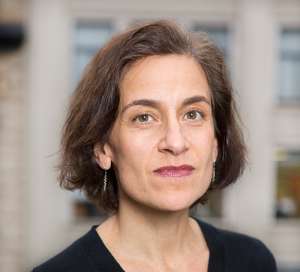All Sustainability Courses
Walkable City 2: The Useful Walk
New
Learn the principal components of “the useful walk,” how zoning can create walkability and increase housing density, and why visual components are key to a walkable city.
Reinventing Malls: Planning Alchemy—Turning Gray Fields Into Gold
This course explores the need and opportunity to reinvent aging mall sites into vibrant, inclusive, and economically valuable centers for 21st-century communities.
Walkable City 1: Why Walkability?
Jeff Speck explains his five principal reasons for building more walkable places — Economics, the Environment, Public Health, Equity, and Social Cohesiveness — arming practitioners with a full range of arguments in favor of pro-walkability planning.
Resilience Planning for Heat and Drought Events
Learn how cities can prepare their infrastructure and social services for heat waves and droughts in a warming world.
Resilience Planning for Coastal Hazards
Across the world, sea levels are rising and storm surge events are intensifying, while development is increasing in vulnerable coastal areas and groundwater depletion is causing land to sink. Urban planners are uniquely positioned to join the battle against rising seas.
Planning Commissioner Training
The new "Planning Commissioner Training" series offers citizen planners a chance to learn the tools to make a positive impact in their communities (available as a separate subscription).
Green Infrastructure
This course defines green infrastructure, highlights its types and benefits, discusses monetary valuation and financing, and explores its role in addressing climate change, equity, and technological change.
Planning in an Era of Disruptive Change
The 21st century is a time of accelerating, disruptive change with profound implications for local communities. Unlock the planning foresight needed to navigate a rapidly changing social, economic, technological, and environmental world.
Landscape Design for Social Sustainability, Part 2
Continue exploring how designers can create built environments that foster vibrant, engaged communities through contemporary theories and case study examples around social sustainability in landscape design.
Landscape Design for Social Sustainability, Part 1
Discover how and why the built environment succeeds or fails at supporting thriving, diverse communities, and how designers can create mechanisms that allow communities to enjoy and improve their environments to suit their needs and desires.
Connecting Households to Sewer Systems
Delve into these intricate systems, where numerous components must work harmoniously to ensure smooth operation. This course outlines a proven process that can promote enhanced connectivity to sewerage infrastructure and systems.
History of U.S. Landscape Architecture, Part 2
Picking up in 1970, this course explores how the role and uses of public parks changed and how the role of the landscape architect expanded to that of advocate, facilitator, and teacher in the late 20th century and the era of climate change.
History of U.S. Landscape Architecture, Part 1
Kristin Faurest explores the history of the profession of landscape architecture from its origins through the 1960s, providing a vibrant global context of how humankind has shaped its landscape over the ages.
E-Waste: A Growing Concern in Waste Management
Understand the alarming growth of electronic waste and its massive impact on the waste stream, explore innovative approaches used by communities to combat this crisis, and discover the far-reaching consequences of mishandling electronic waste.
Building Bad, Part 2: How Architectural Utility is Damaged by Expression
Join Jonathan Ochshorn on a captivating exploration of his theory "Building Bad" in Part Two of this course. Discover the fascinating interplay between artistic expression and the functionality of buildings, and how they can sometimes clash.
Lighting Regulations and Dark Sky Places
Learn best practices for crafting lighting regulations and dark sky designations that protect night skies and improve environmental and public health.
Walkable Density: Building Livable, Equitable, and Resilient Communities
A new approach to density is an essential need, with multiple public benefits, empowering communities to more effectively manage the accelerating pace of demographic, economic, environmental, social, and technological change.
Prospects for Zoning Reform
Catch up on the contemporary policy debates about zoning reform in the United States by learning from one of the nation’s leading voices on the subject, Brookings Institution Senior Fellow Jenny Schuetz.
Equitable Transit Oriented Development
Equitable transit oriented development (eTOD) prioritizes inclusive community development in multi-modal regional growth.
Introduction to Transit Oriented Development
Few terms are as common in the discussion of city and regional planning in the 21st century as transit oriented development (TOD)—the planning and designing of high-demand land uses at or near highly efficient modes of transportation.
The Right Price for Curb Parking
Setting the right price for on-street, curb parking, requires a thorough understanding of the theory and practice of demand-based pricing.










